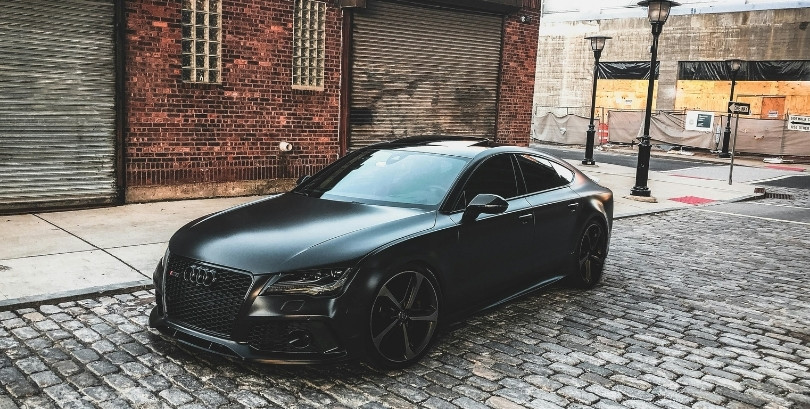Music in 2025 is more diverse and accessible than ever before, thanks to technological advancements and shifting cultural trends. But when it comes to who’s listening and how, there’s a clear generational divide.
Millennials and Gen Z, the two dominant listener groups, are experiencing the music world in vastly different ways. While both generations are digital natives, their tastes, behaviors, and values around music reflect different upbringings and priorities.
Also Read: How Streaming Giants are Changing the Entertainment Landscape in 2025
Learn the key differing points between millennial and gen Z listeners for music in 2025.
Is it matter of evolving taste and trends or simply nostalgia? Find out by reading more.
How They Discover Music in 2025
The way people discover music in 2025 has evolved significantly.
Gen Z, or Zoomers, tend to rely heavily on short-form content platforms like TikTok and Instagram Reels, where viral clips introduce them to new artists and songs in seconds. They prefer music that’s easily shareable, meme-friendly, and fits into fast-paced digital trends.
Millennials, on the other hand, lean more toward curated experiences. Playlists on music streaming apps like Spotify and Apple Music, music blogs, and podcasts remain popular ways for them to find new tracks. They’re more likely to listen to an entire album or follow an artist’s full body of work, valuing depth over virality.
Genre Preferences and Nostalgia
When it comes to genre, music in 2025 is a melting pot, but each generation has its favorites.
Gen Z is drawn to genre-blending sounds like hyperpop, trap, and bedroom pop (better known as lo-fi). They’re open to boundary-pushing experimentation and often celebrate artists who challenge norms.
Millennials, however, still gravitate toward the genres they grew up with (think indie rock, pop-punk revivals, and early 2000s R&B). Nostalgia plays a big role in their listening habits, with re-releases and anniversary editions of classic albums resonating deeply.
Attitudes Toward Artists and Authenticity
Music in 2025 also highlights differing views on artist identity. Gen Z seeks authenticity and relatability in artists, favoring those who share raw, unfiltered moments online. They value creators who are active on social media and engage directly with fans.
Millennials appreciate artist mystique and carefully crafted personas. They often respect musical craftsmanship and long-term artistry over instant fame. While they appreciate transparency, they’re more tolerant of celebrity distance if the music speaks for itself.
The Future of Live Music
Live performances remain crucial in music in 2025, but preferences diverge. Gen Z prefers smaller, more intimate shows or immersive virtual experiences, often hosted in the metaverse or on streaming platforms. Millennials still favor traditional concerts and music festivals, enjoying the social and nostalgic aspects of in-person events.
Conclusion
Music in 2025 reflects the evolving tastes and values of both Millennials and Gen Z. While they share digital roots, their musical paths are uniquely their own, shaped by how they connect with artists, discover new sounds, and engage with the ever-changing music landscape. At the end of the day, many of these observed characteristics might be nothing more than simple generalizations.
Tags:
Digital Entertainment TrendsMusicStreaming ServicesAuthor - Abhishek Pattanaik
Abhishek, as a writer, provides a fresh perspective on an array of topics. He brings his expertise in Economics coupled with a heavy research base to the writing world. He enjoys writing on topics related to sports and finance but ventures into other domains regularly. Frequently spotted at various restaurants, he is an avid consumer of new cuisines.



